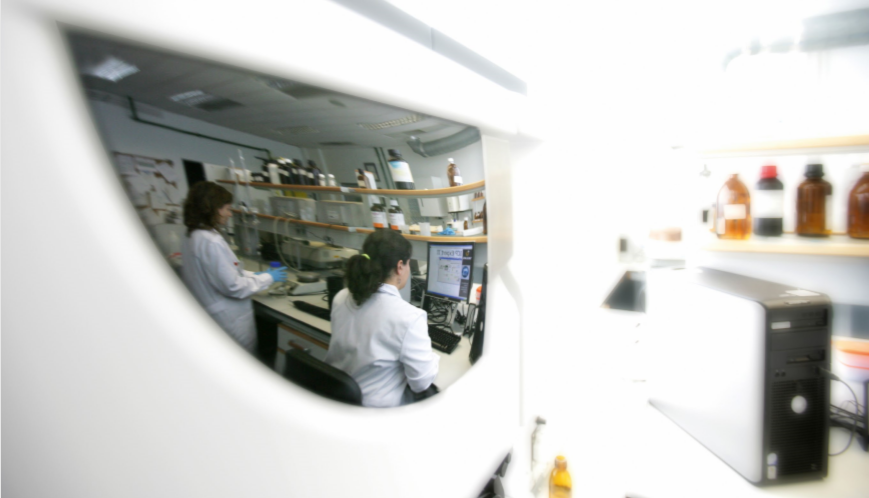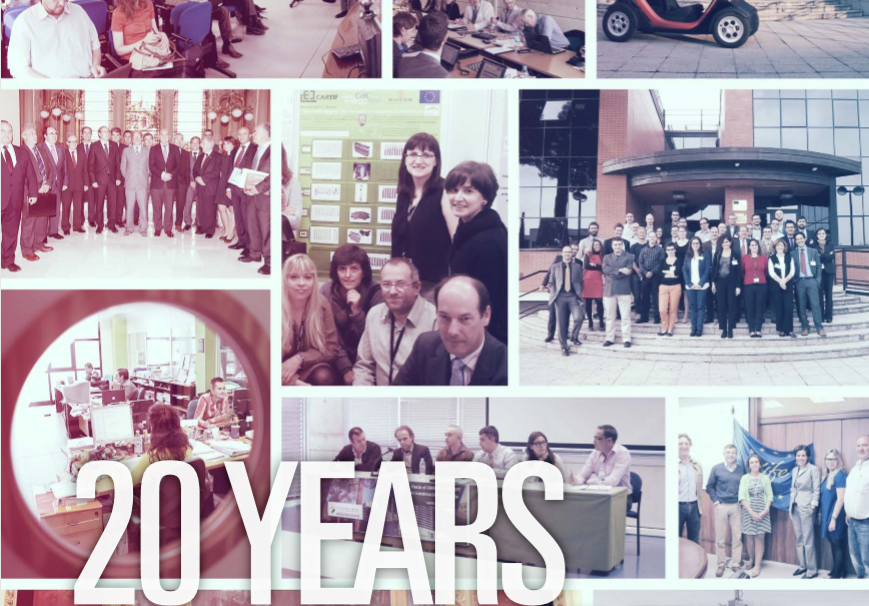Framework Programmes
As a research centre, one of the objectives of CARTIF has always been to obtain an international presence. Aware that science, technology and innovation are a universal heritage that requires the sharing of information as to what is being done simultaneously by other groups, since 2002 the Centre has included the internationalisation of its projects as part of its growth strategy.
For reasons of geographic proximity and common interests, the most natural region for this expansion was Europe. Given that the EU already had financing instruments for R&D (such as the Framework Programme), the researchers’ first option was to learn about the mechanisms of that programme (the 5th at the time) and begin to create proposals that would meet the requirements established by the European Commission.
CARTIF has become a leader in some highly competitive sectors such as energy efficiency and smart cities
The beginnings were neither fast nor simple. In Spain there is no specific academic degree that prepares for European R&D project management. Therefore, the researchers based their work on their technical abilities, brainstorming what they wanted to develop and looking for calls for proposals to obtain funding. At that time, barely 4% of the Centre’s personnel worked in this sector.
Among the first successes achieved between 2002 and 2007 were several projects relating to the agrifood sector, the application of chemical processes in industry and the management of innovation, included under the 5FP, 6FP, the CIP programme and INTERREG. With the commencement of the 7FP, this experience meant that CARTIF began working on a larger number of projects, some of which it even coordinated.
Twelve years later, personnel involved in European projects accounts for around 19% of the workforce, and CARTIF has become a leader in some highly competitive sectors such as energy efficiency and smart cities and sustainable management
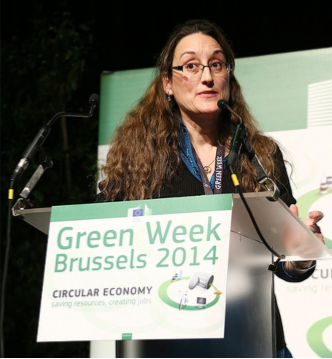
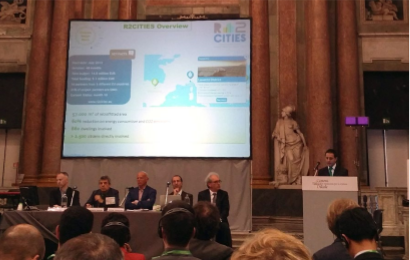
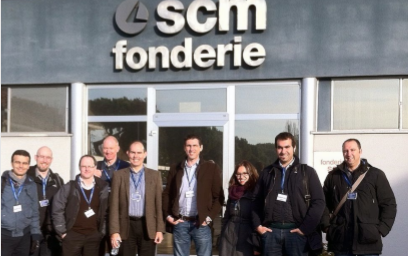
The number of projects in which it participates, as partner or coordinator, and the scope of the applied and demonstrated technology and of the research carried out, places CARTIF among the top Spanish centres present in the European market. Over the last six years, the centre has worked on 22 projects under the 7FP, of which it has coordinated 8. On other funding programmes (LIFE, CIP, INTERREG) it has carried out 21 projects, coordinating 11 of them.
Another important factor in this area is participating on platforms, networks and professional associations of each research or market sector. CARTIF currently belongs to twenty or so organisations related to its research lines: construction, infrastructure, energy, environment, industry, food, health and ICTs.
CARTIF coordinates the Cultural Heritage subgroup of the European Construction Technology Platform; it belongs to the WssTP (Water supply and sanitation Technology Platform) and has been appointed as the Spanish liaison point for E2B. Furthermore, the Centre participates in EERA (European Energy Research Alliance), on both the Joint Programme on economic, environmental and social impacts (JP e3s) and the Joint Programme on Smart Cities. It is also a member of Food for Life-Spain, of public-private partnerships such as Bio-based Industries (PPP-BBI), Robotics (PPP-Robotics) and Factories of the Future (PPP-FoF). The Centre takes part in European Innovation Partnerships (EIPs), in particular the EIPs on Agriculture, Smart Cities, Water, and Raw Materials.
International history
Throughout its 20 years, CARTIF’s research teams have been involved in 100 international projects, 72 in Europe and 28 in Latin America and northern Africa. It has participated in numerous research and technology transfer networks on the American continent, providing experts for various lines of study, with particular emphasis on the automation, instrumentation and process control in manufacturing. As part of the Iberoeka framework programme, numerous projects have been completed in various countries.
Among those developed in Europe, the Centre has participated on some of the most ambitious projects funded by the EU over the last few years. These include Green eMotion on electromobility; LASHARE on industrial laser applications; HeERO on the pan-European emergency call service system;
BEMOSA on the prevention of threats to airports; REEMAIN, on manufacturing of the future; RESCATAME and EQUINOX on urban pollution control; VALUVOIL, REVAWASTE, HUELLAS and COLRECEPS on waste treatment; CITyFiED, R2CITIES, INSPIRE, BRICKER, COMMONENERGY and DIRECTION on energy efficiency; OPTIRAIL on railway infrastructures; SandS on the Internet of Things; and many others in fields such as agrifood, biorefineries, ICTs applied to different sectors and innovation management.
In short, CARTIF’s international vocation is increasingly more firm and aims to expand into more market niches and research areas. In order to discover more about how the Centre’s international team works, we invite you to read the interview on the following pages.
